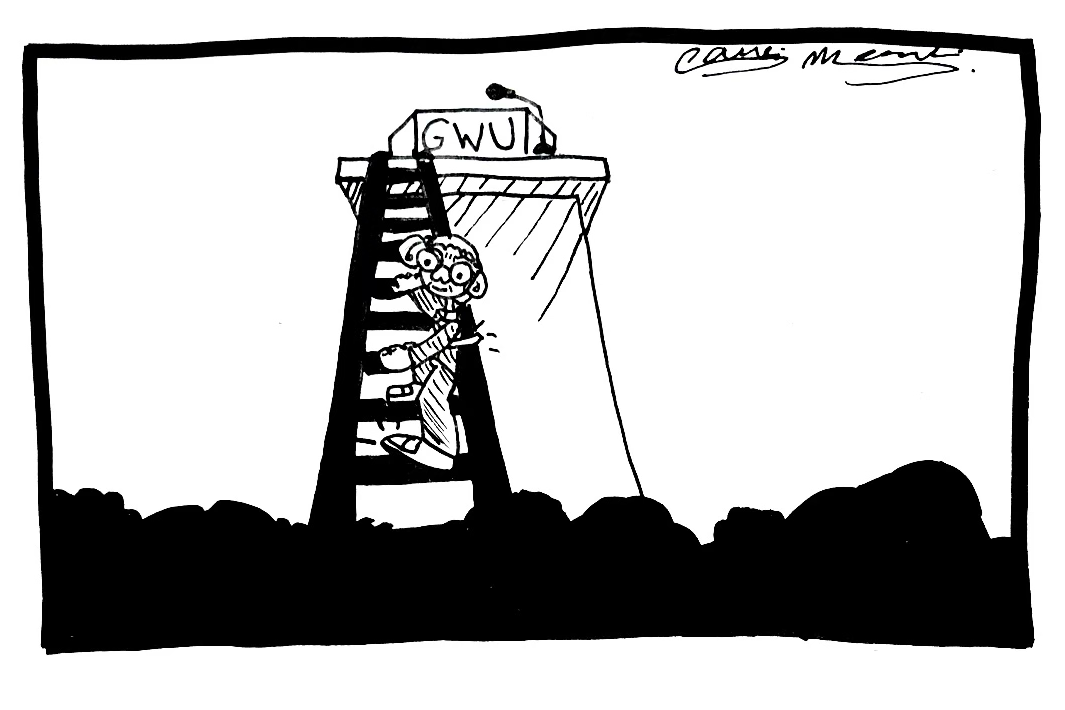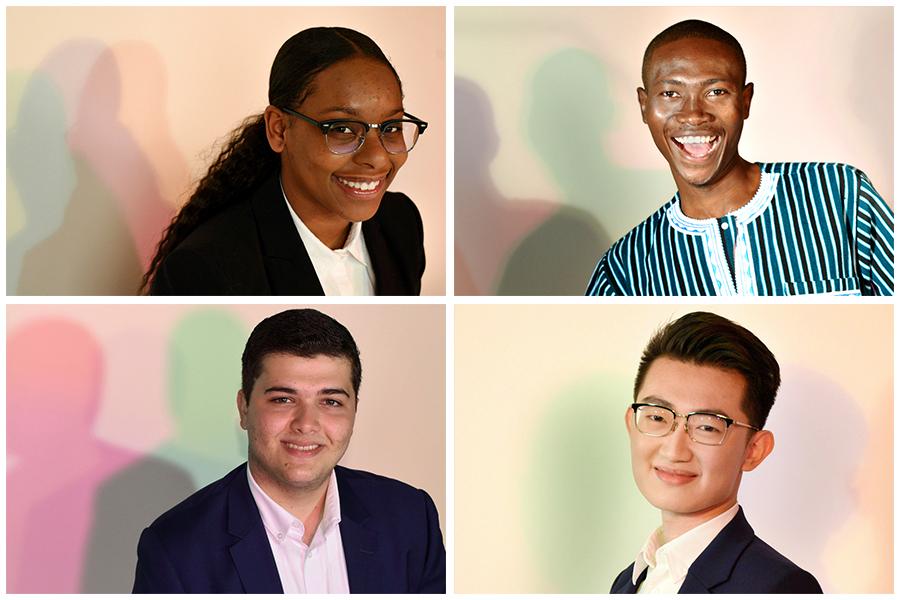The Student Association is facing a crisis of confidence, with the community often feeling poorly represented by student leaders. This year, that could change. Both candidates for SA president brought enthusiasm for rallying students and advocating for their interests.
But one candidate brings a perfect fusion of passion and policy to the table. Students should vote for Dasia Bandy for SA president this year.
When the editorial board sat down with Bandy, she enumerated clearly thought-out principles and reasons for running, paired with actionable goals. Her experience as diversity and inclusion assembly chair in the SA is reflected in her platform because she lays out specific, actionable goals that will increase accessibility to a more well-rounded education for marginalized groups of people on campus. For instance, she wants to make the bias reporting system more public and accessible so that more students can use it to feel safer both in the classroom and outside of it. One way she plans to accomplish this is by advertising the bias reporting system so that more students know to use it when they need to.
Bandy also is interested in making everyday life easier for students. As president, she would advocate for increased printing and laundry funds and is interested in improving the strength of GWireless across campus.
In response to the incident in which a GW Teach professor said the N-word, which appeared in a painting she was showing the class, and the incident in which a student and a professor had an altercation over a student service dog, Bandy wants to expand diversity, equity and inclusion training for existing faculty members. These plans have specificity, actionability and build on existing efforts being undertaken on campus, which raises their odds of success.
Bandy is also interested in increasing accessibility for those with disabilities on campus. She plans to talk with Disability Support Services, administrators and students to talk about their current concerns with DSS and what they would like to see change about accessibility on campus in the coming year. This is the quality that makes her such a strong candidate for president and a promising advocate for students. She understands specific incidents and creates actionable plans to address the issues that caused those incidents to come up in the first place.
Beyond her plans, passion and experience, the single most important thing Bandy pledged to do is surround herself with a team that complements and supplements her knowledge. In every answer to the editorial board’s questions, Bandy not only talked about how she herself would approach a given issue, but how she would empower her team to advocate and lead. Knowing what you don’t know and bringing in a smart, diverse and capable team to fill in those gaps is important for any leader at any level. Not only will this help Bandy more effectively advocate for students, but it will give more people an opportunity to build skills advocating for their peers – in effect, this will help train the next group of potential SA leaders.
Bandy gave the editorial board a platform that she plans to enact if elected – but this platform was not made public until this past weekend when she posted her main points on Instagram. Making this platform public earlier would be an important way to demonstrate that she is eager for the community to see exactly how she is attaining her goals as SA president if elected – and it would be an important means of the community holding her and her team accountable.
The other candidate in the race, Christian Zidouemba, made a compelling and charismatic case for why someone outside the SA could shake up the institution. We feel that the next SA president needs to be able to take a two-track approach to making change: standing outside of the drama that has harmed confidence in the SA while also knowing enough about how the institution works to be able to advocate for students’ best interests. On that metric, Bandy comes out ahead.
Bandy has the plans, passion and people to be an effective SA president – students should cast ballots for her on March 29 and 30 and should hold her and the entire SA accountable to the promises they make.
The editorial board consists of Hatchet staff members and operates separately from the newsroom. This week’s staff editorial was written by opinions editor Andrew Sugrue and contributing opinions editor Shreeya Aranake, based on discussions with culture editor Anna Boone, contributing sports editor Nuria Diaz, design editor Grace Miller and copy editor Jaden DiMauro.




